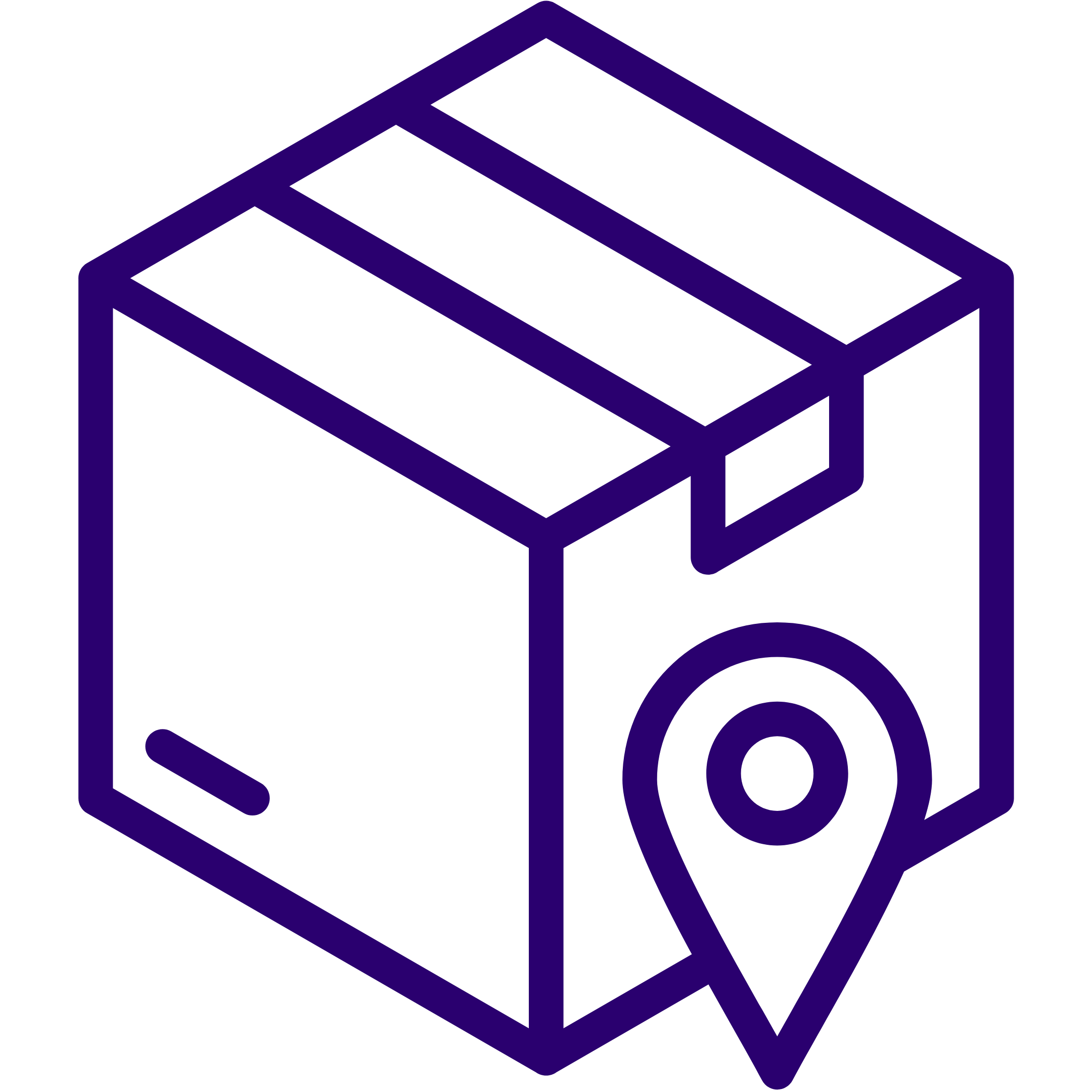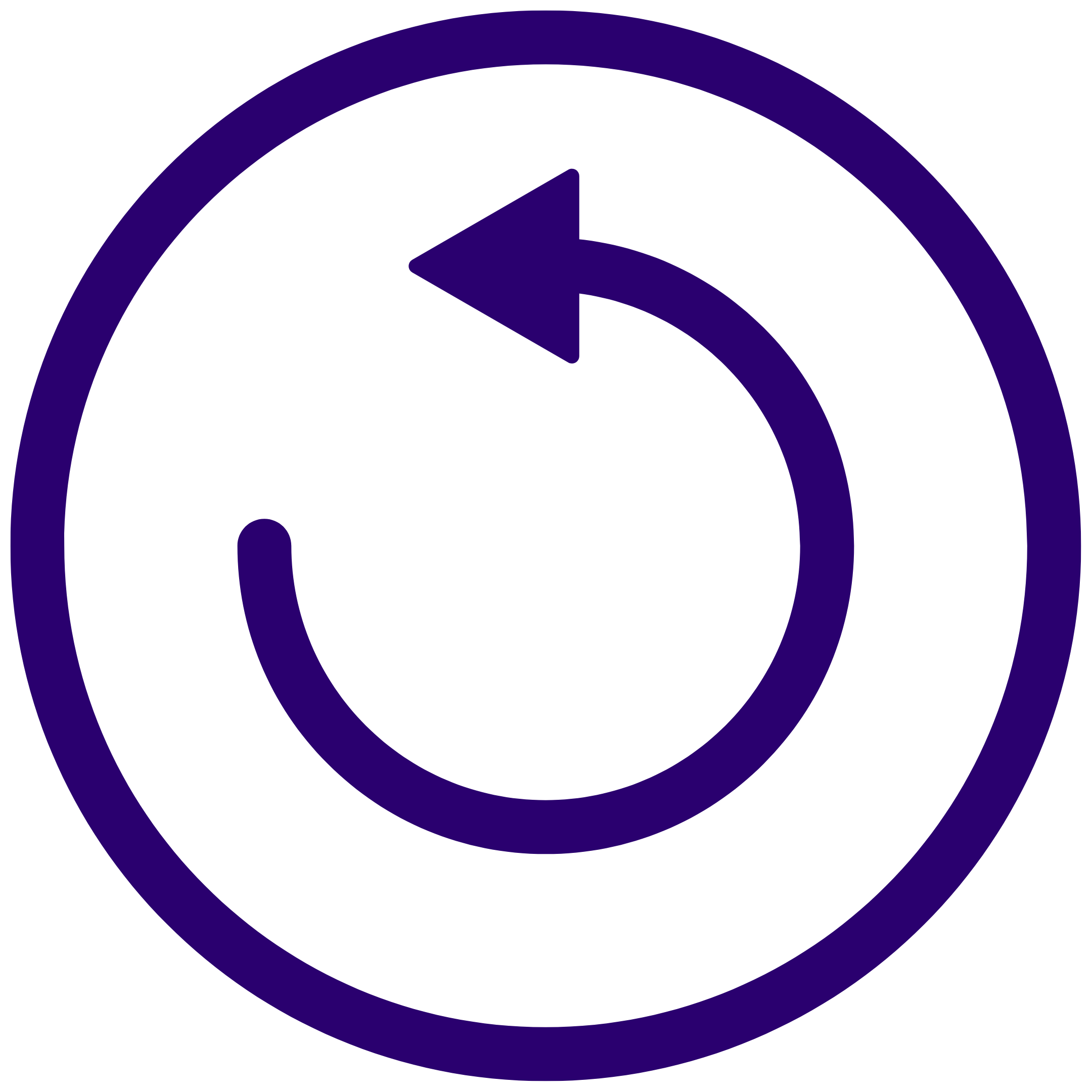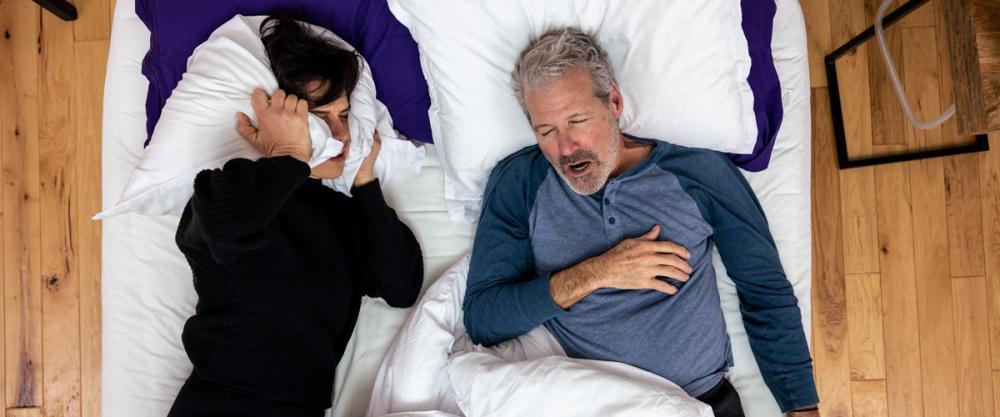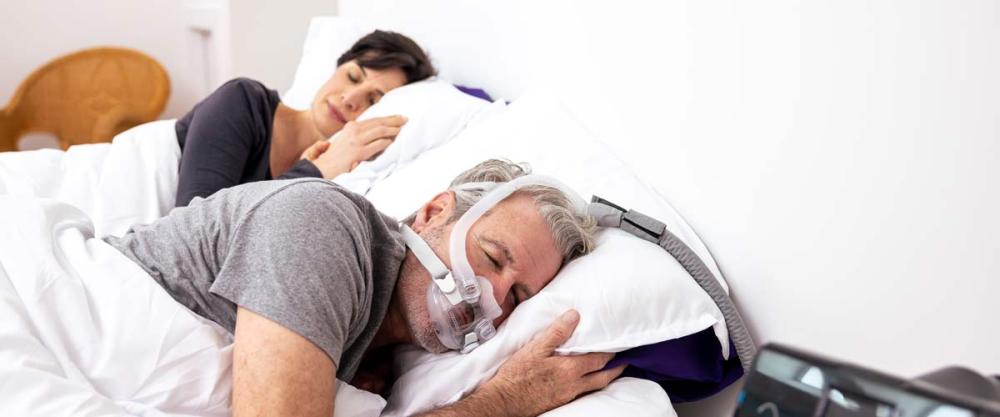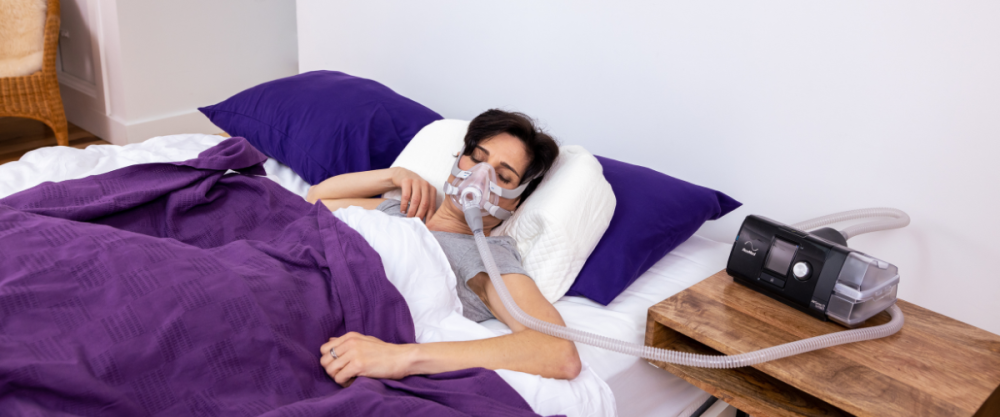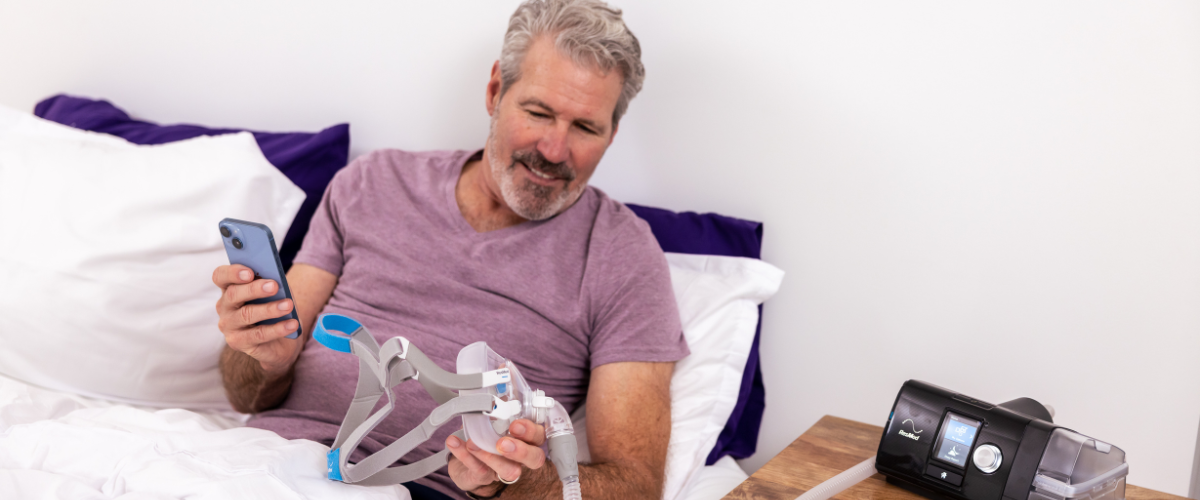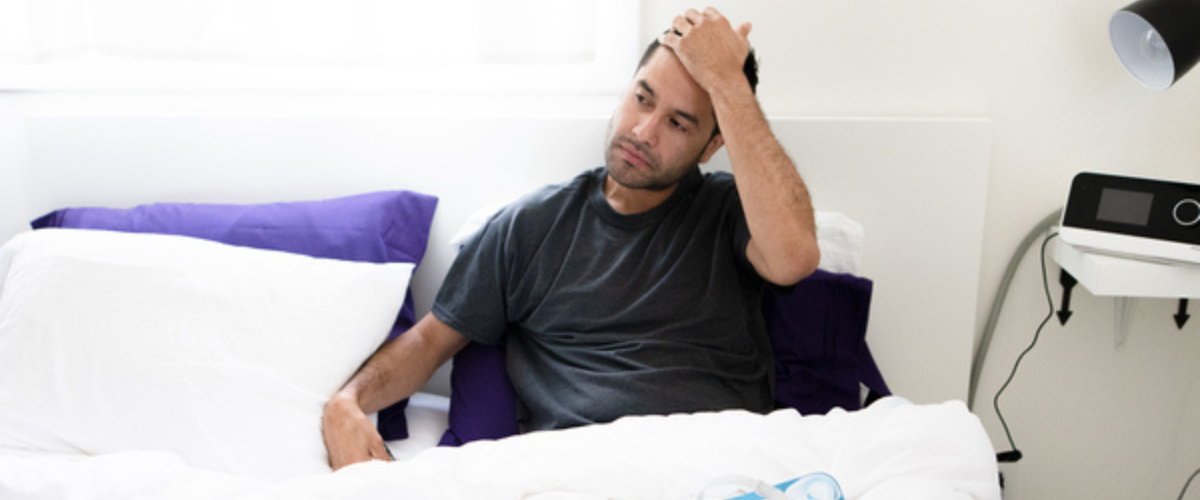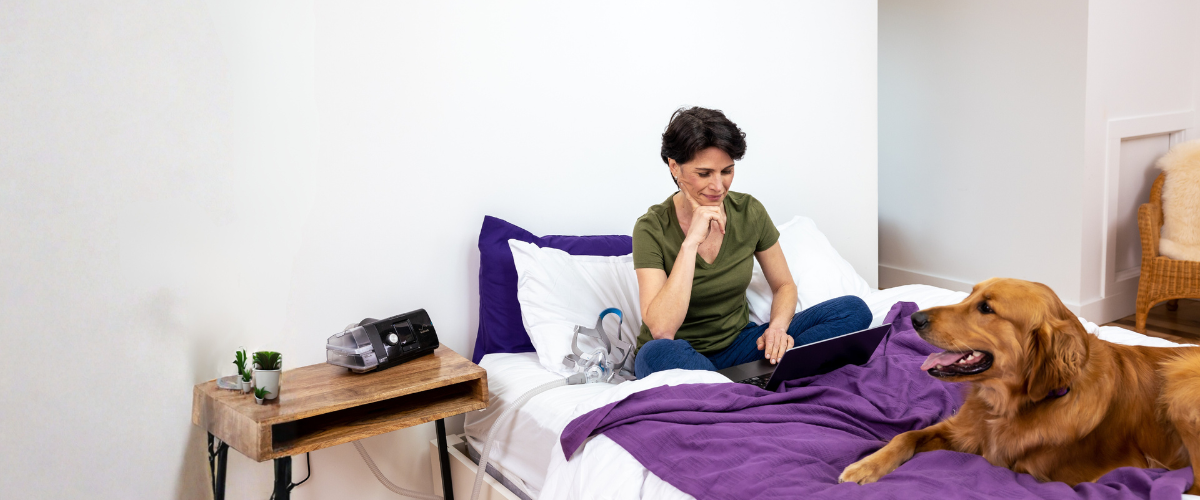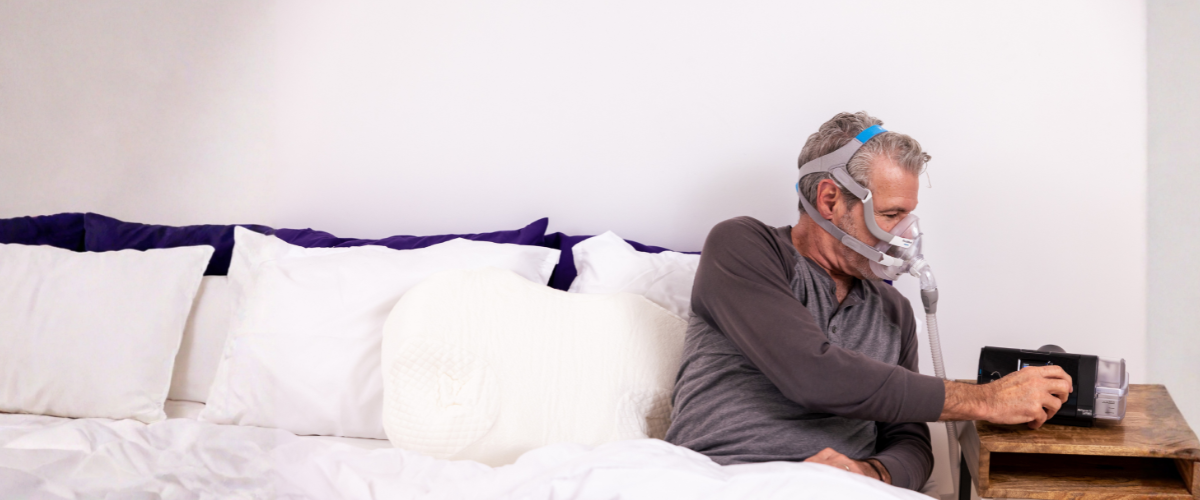Updated May 4, 2023
It may not be something we are all comfortable talking about, but gas happens. Most of us are used to this experience based on the foods we eat, but if you are using a CPAP machine to treat sleep apnea, you may be getting a gassy belly from another source — the machine itself.
Aerophagia & CPAP
Experiencing minimal aerophagia while using CPAP is normal. It can also happen to people who do not use a CPAP, so there is no need to panic if you notice it sporadically. However, you can request assistance if it is happening frequently. Since the CPAP machine works its magic by basically forcing you to breathe when you sleep, the air is not always all going into your trachea. There is a chance some of the air from your CPAP could be forced into your esophagus, which can make you swallow air. The scientific name for this occurrence is aerophagia.
When your CPAP machine is in use, the air forced into your throat is keeping your airway open by pushing aside soft tissue such as the soft palate in the upper throat. The trachea is the entrance to the lungs, where the forced air is meant to go, however, the esophagus is located very close to the trachea. If some of the air meant for your lungs is diverted toward your stomach, you experience aerophagia.
You may recognize aerophagia by such symptoms as bloating, burping, stomach pain and even passing gas. Most who experience aerophagia notice increased comfort as the gas is passed in the first hours of the day, but some become quite irritated by the symptoms. The fortunate thing is that there is little risk of permanent damage to the body.
Reducing the Effects of Swallowing Air
There are some things that can be done to reduce the effects of aerophagia. One common cause of swallowing air with CPAP is that the machine may be set too high. If you think this is the case, feel free to request a pulse oximetry test from your doctor. They will get in touch with your DME provider to schedule a test. This will give you an indication if your pressure is set too high and if it is lowered, you may notice you swallow less air.
Another common contributor to aerophagia is your sleeping position. Sleeping at an incline may relieve a couple of common discomforts, from air swallowing to heartburn. This may be the thing you need to ease your sleeping problems with your CPAP machine.
If you find yourself identifying with this common CPAP side effect the best thing to do is to start by talking with your sleep doctor to assess the best way to tackle air swallowing. Remember — it will get better!

